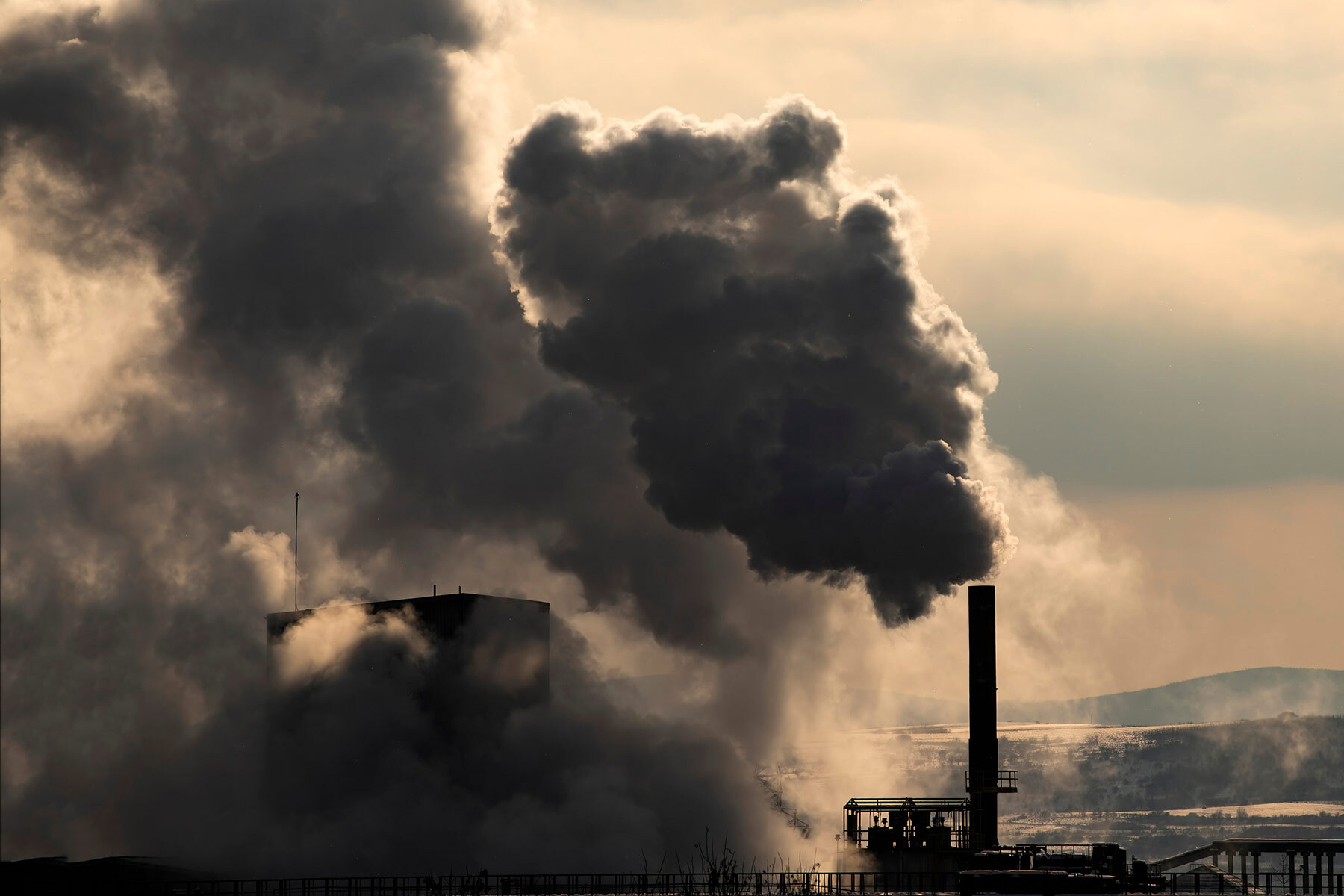The year 2023 was by far the warmest in human history. Climate extremes now routinely shock in their intensity, with a direct monetary cost that borders on the unfathomable. Over $3 trillion (US) in damages to infrastructure, property, agriculture, and human health have already slammed the world economy this century, owing to extreme weather. That number will likely pale in comparison to what is coming. The World Economic Forum, hardly a hotbed of environmental activists, now reports that global damage from climate change will probably cost some $1.7 trillion to $3.1 trillion (US) per year by 2050, with the lion’s share of the damage borne by the poorest countries in the world.
And yet we fiddle.
In today’s Canada, there is deception, national in scope, coming directly from the right‑wing opposition benches in Ottawa. In 2023, the populist Conservative leader Pierre Poilievre adopted “Axe the tax” as his new mantra and has shaped his federal election campaign around that hackneyed rhyme.



If it costs you $30 to buy a banana delivered by fossil fuels and $1 to buy a banana that was delivered by sail boat, which would you buy?
I have neither option option. All bananas are delivered to my landlocked town via the same truck.
Bananas are probably a bad example because they are so perishable. They have to be transported in a very controlled environment. Theres no way youre getting bananas from Guatamala to Canada via sailboat and still having them be saleable.
How do you think you got bananas before oil?
Did we…?
I did a bit of googling. Turns out there were refrigerated sailing vessels in the late 1800s.
I mean, you can also dehydrate them. There’s loads of ways to preserve bananas.
Uhh I dunno if there’s any salvaging that hypothetical, lol… But if bananas start costing $1 each, we’re in trouble.
Things that arent local and are produced with unfair labor must go up in price when those systemic issues are resolved.